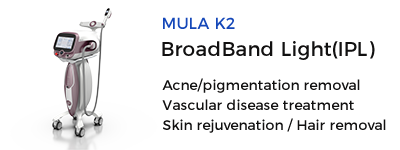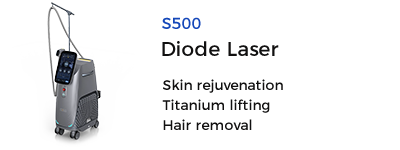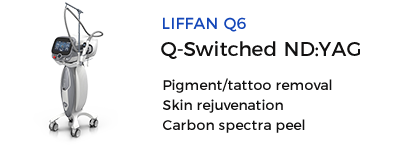Laser Hair Removal on a Tattoo
| Visit:74
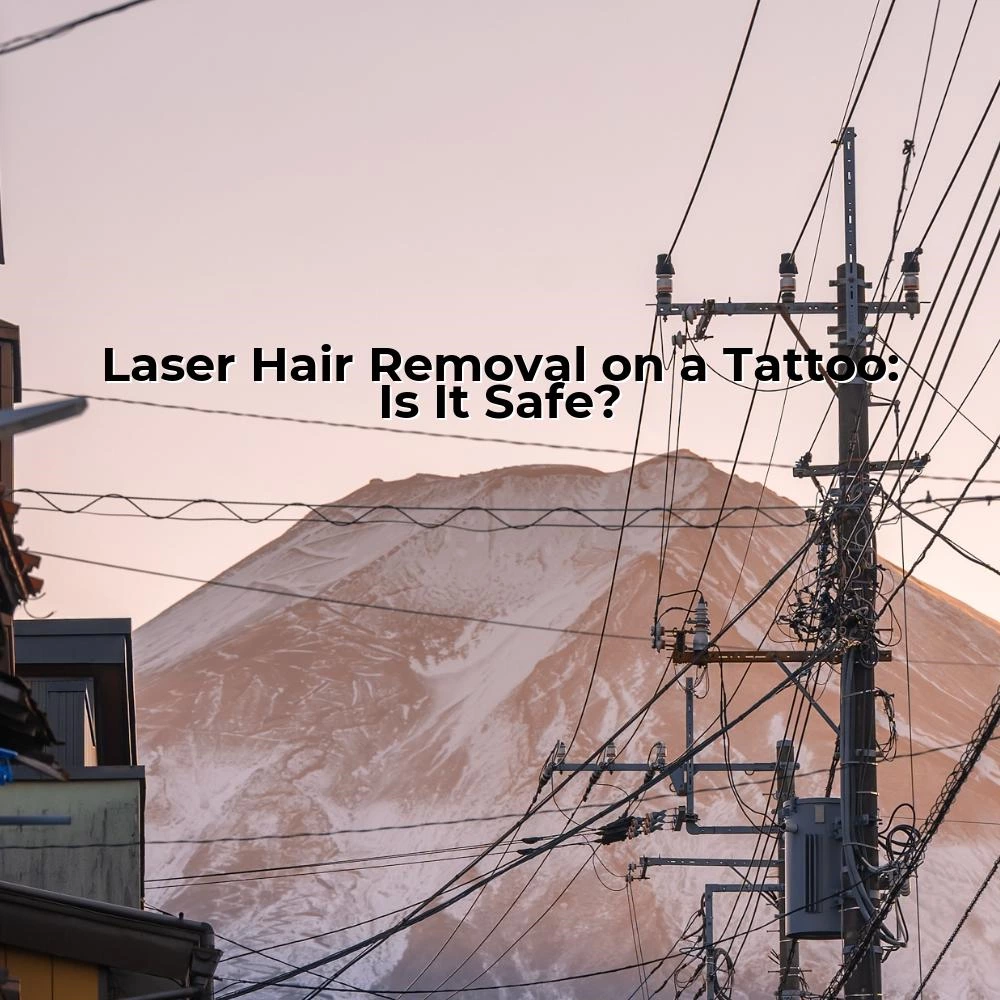
Laser Hair Removal on a Tattoo
As a medical professional, it is imperative to continually seek current and accurate information in order to provide your patients with the safest and most effective treatments. One question generating interest lately is the safety and viability of performing laser hair removal on tattooed skin. This matter deserves a thorough discussion, especially as tattoos and laser-based cosmetic treatments increase in prevalence.
Laser hair removal is a common and generally safe procedure that uses particular wavelengths of light to damage hair follicules, reducing or eliminating hair growth. In recent years, the question of performing laser hair removal on tattooed skin has surfaced, requiring a solid understanding of the procedure, risks, and outcomes.
A tattoo is created by depositing ink into the dermal layer of the skin, where it remains permanently. Laser hair removal, on the other hand, targets the pigment in hair follicles located in the same dermal layer. This is where the challenge lies - the laser may not differentiate between the pigment in the hair and the pigment in the tattoo.
According to an extensive literature available on ciellulu.net, it infers that conducting laser hair removal procedures on tattooed skin might lead to potential side effects. These side effects include partial or complete fading of the tattoo, distortion of the tattoo design, skin blistering, and, in some cases, skin burns due to the excessive heating of skin pigments.
Furthermore, studies indicate that the intense laser light utilized in hair removal procedures can cause tattoo pigments to fragment, potentially leading to a distorted tattoo appearance. It is crucial to understand that while lasers used in hair removal and tattoo removal are generally similar, their wavelengths, pulse durations, and energy levels greatly differ. When a hair removal laser is used on a tattooed skin, it could mistakenly target the tattoo ink, leading to digital reactions that can alter or fade the tattoo design.
In order to prevent any potential damage or unwanted results, it is advised to avoid performing laser hair removal on tattooed skin completely. However, for patients who wish to continue with hair removal procedures on their tattooed skin, it is important to ensure that they are informed of the potential risks and are willing to accept any unfavorable outcomes.
One potential workaround to this situation could be using alternative hair removal methods. Waxing or using a hair removal cream might be safer options for patients with tattoos. However, these alternative methods are temporary solutions and may not be as effective as laser hair removal.
In conclusion, conducting laser hair removal on tattooed skin may lead to unexpected and undesired outcomes. As health care professionals, we need to communicate these risks clearly and comprehensively to our patients. When in doubt, it is always best to err on the side of caution to ensure patient safety and satisfaction.
By employing a thorough understanding of the processes involved and duly considering the risks, doctors can guide their patients effectively in making the best decisions for their cosmetic and personal needs. Above all, patient safety and informed decisions should be the primary concerns in this matter.
While laser hair removal can be a highly effective method of semi-permanent hair removal, its use on tattooed skin still requires further research and definitive conclusions. Until then, it is best to continue taking a cautious approach in treating tattooed skin with laser hair removal.
Source: Laser Hair Removal on a Tattoo

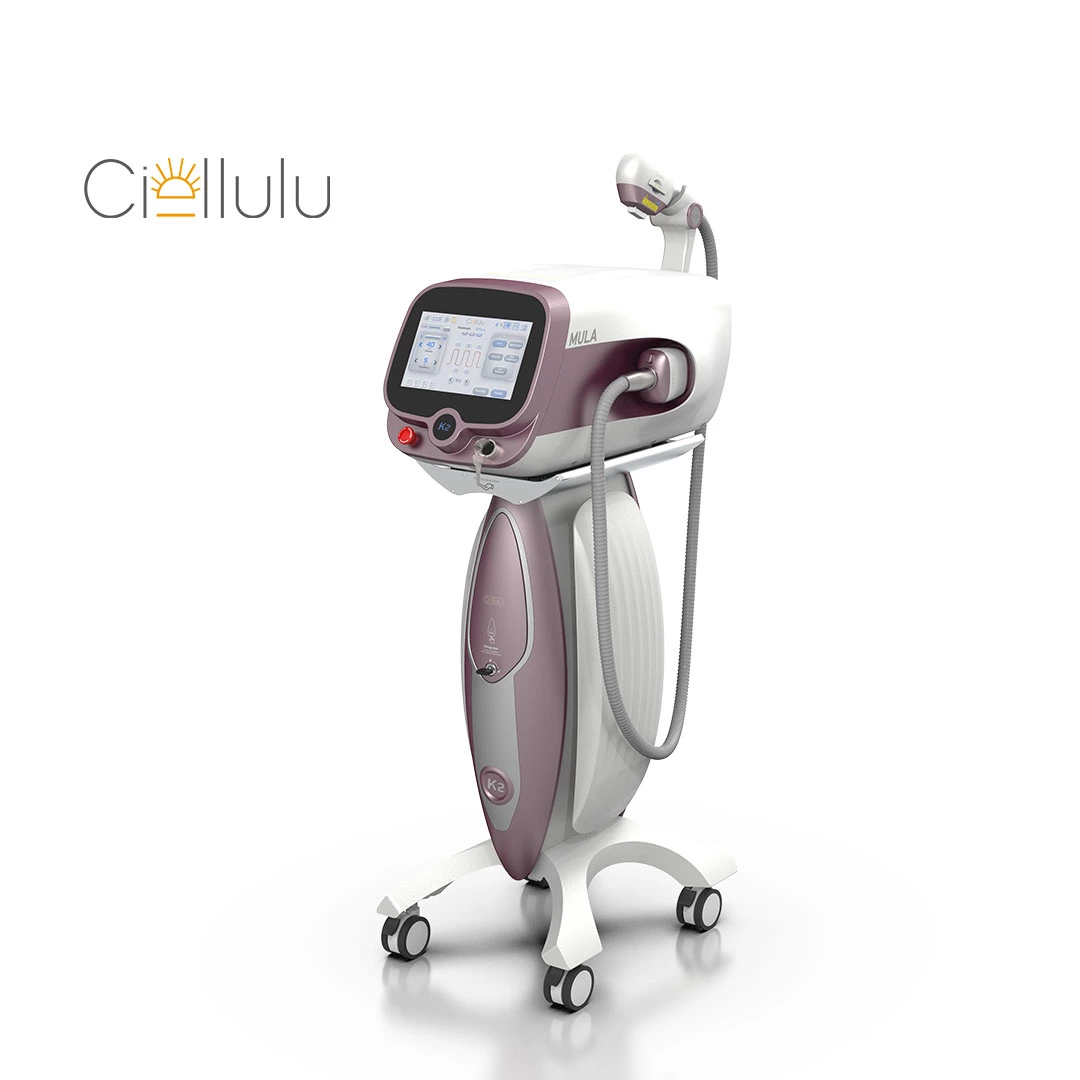
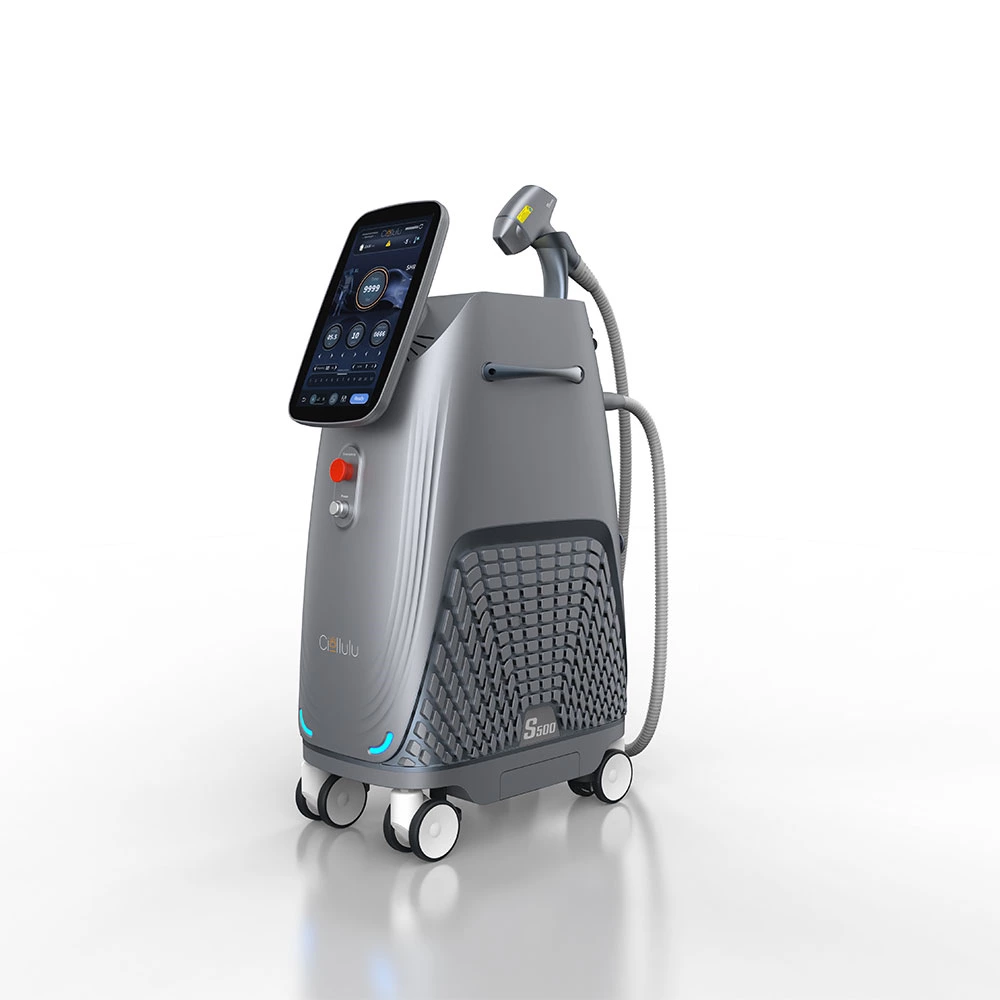

 Ciellulu Laser - Facial Machine Supplier
Ciellulu Laser - Facial Machine Supplier